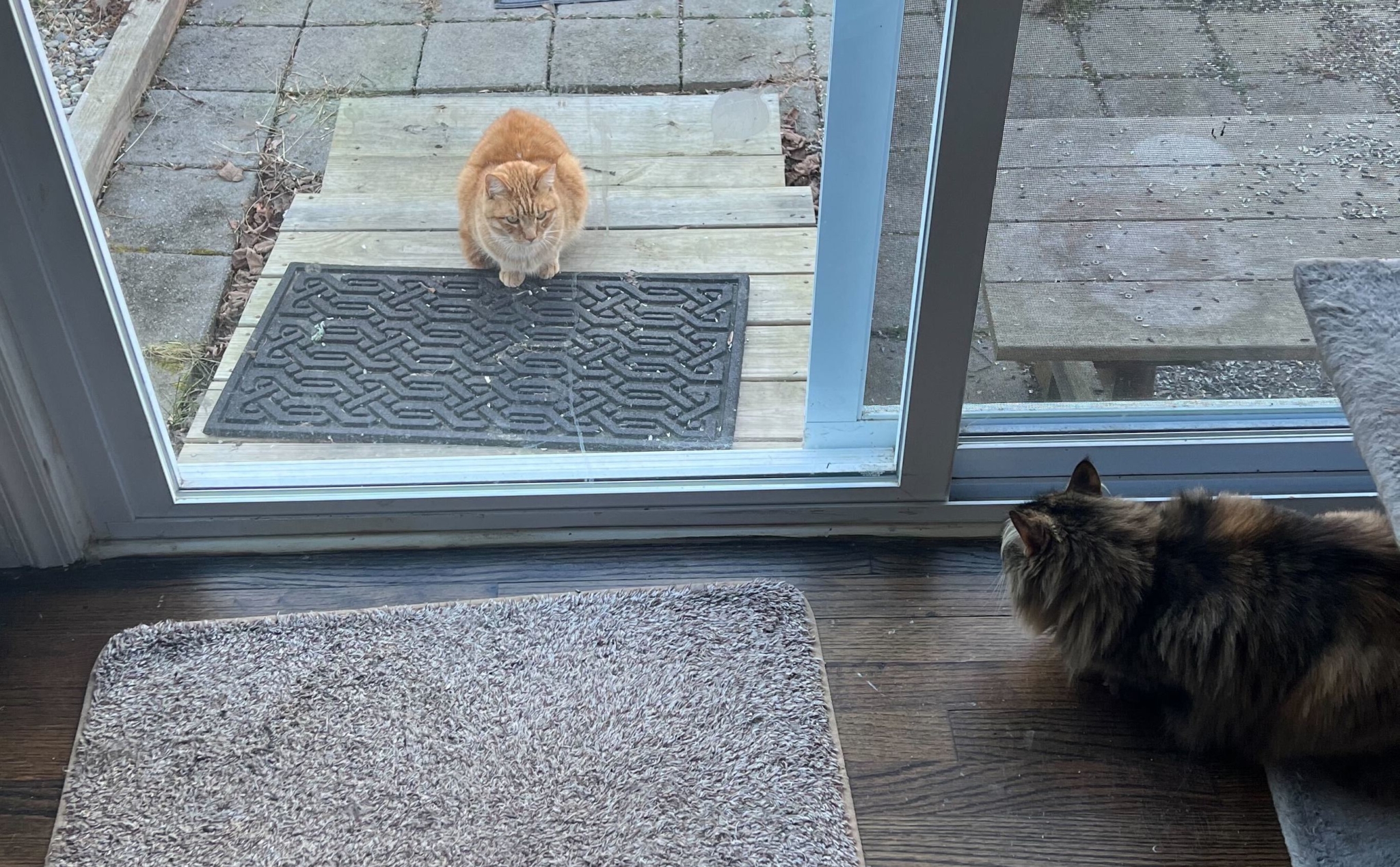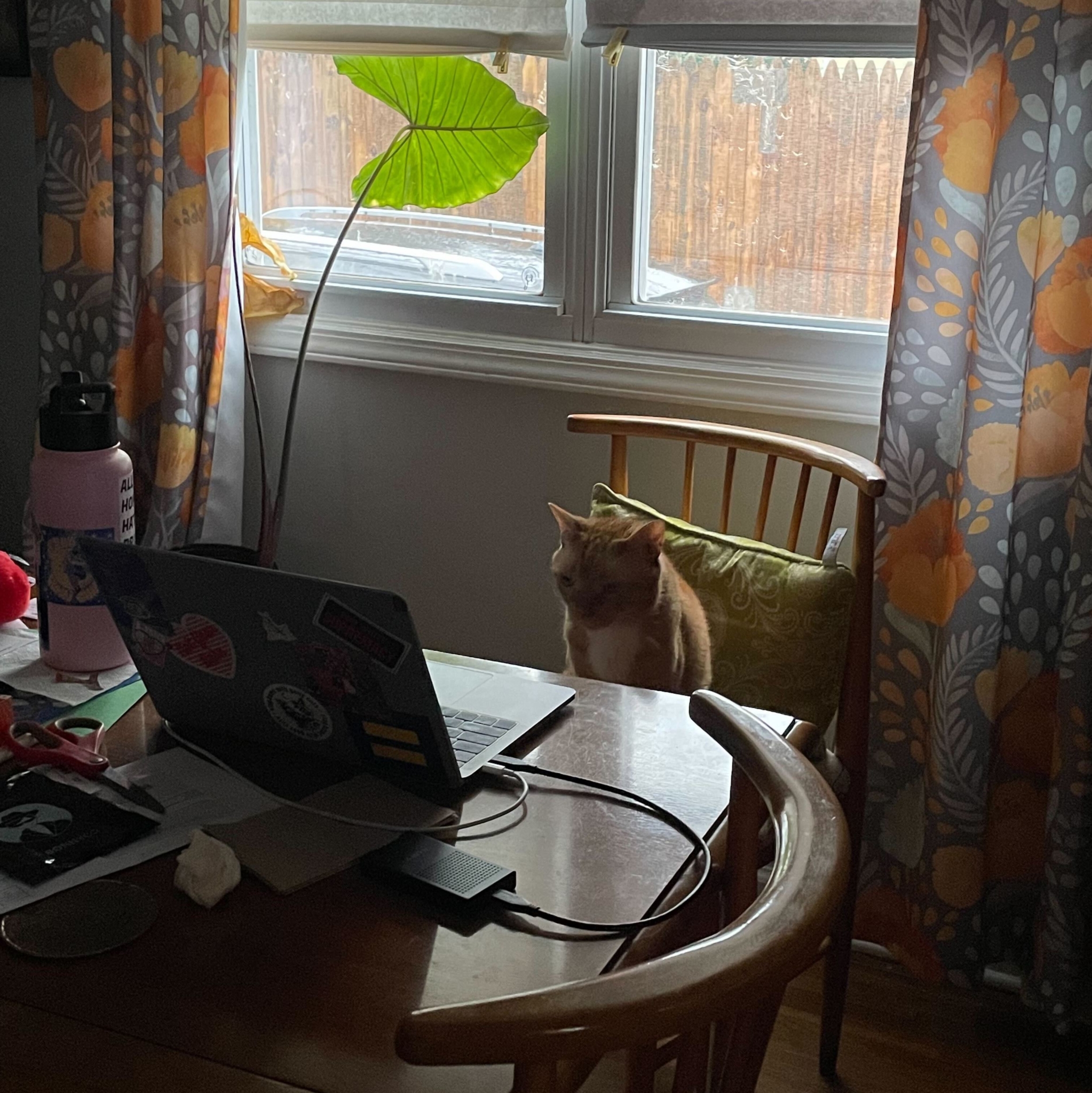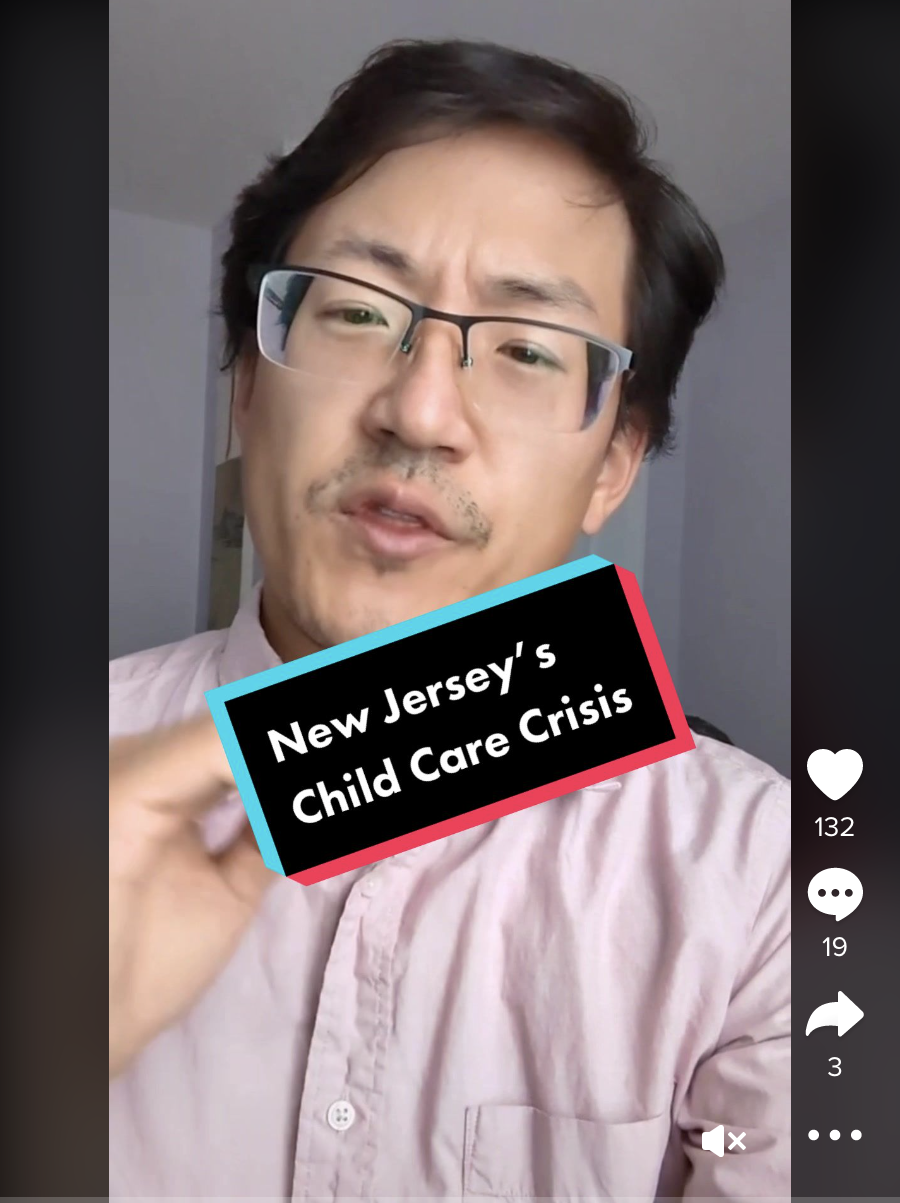Friday Facts and Figures is a weekly newsletter with data points, analysis, and commentary on the biggest policy debates in New Jersey and beyond.
Sign up here.
Opportunity
Earlier this week, Governor Murphy delivered his annual State of the State address. The big theme: Opportunity for all. In the speech, the governor touted some big policy wins from the past few years, like raising the minimum wage, increasing school funding, and the new child tax credit. But, as the NJPP team highlights here in our Rapid Reaction, the speech was light on details and new proposals that would create opportunities for everyone who calls the Garden State home. Nor did the speech hint at how the state will continue to pay for investments that promote opportunity (more on this below), especially with federal pandemic assistance expiring and a recession potentially on the horizon. [NJPP / Sheila Reynerton, Peter Chen, and Marleina Ubel]
Tax Cut
A day after his State of the State address, Governor Murphy told Bloomberg TV that he plans to let the Corporate Business Tax Surcharge expire at the end of the year, amounting to a $600 million tax cut for the most profitable businesses operating in New Jersey. The surcharge, which is only levied on profits over $1 million (think of it as a corporate millionaires’ tax), was enacted in 2018 and has helped the state pay for many of the opportunity-building investments the governor highlighted in his speech. “With corporate profits at record levels and millions of New Jersey families struggling to keep up with rising costs, this represents the absolute worst of trickle-down economics,” said NJPP President Nicole Rodriguez. [ROI-NJ / Tom Bergeron]
$2 Billion
If you’re not convinced that state lawmakers will need revenue from the Corporate Business Tax Surcharge to support new investments that promote opportunity, know that the state can barely balance its budget as is. Case in point: Lawmakers have raided the state’s Clean Energy Fund every year since 2010 to plug unrelated budget holes, according to a new report by NJPP Policy Analyst Alex Ambrose. The diversions, totaling nearly $2 billion, have funded a hodgepodge of areas unrelated to clean energy despite the state’s overreliance on nonrenewable energy sources. “The Clean Energy Fund is one of the best tools we have to improve air quality, invest in clean energy technology, and help families afford new, energy-efficient appliances — but only if it’s used for its intended purpose,” said Alex Ambrose. [NJ Monitor / Dana DiFilippo]
ANCHOR
The Murphy administration has extended the deadline to apply for ANCHOR, the state’s new property tax rebate program, through the end of February. The extension comes a week after state officials announced that most eligible homeowners applied for their rebate, while only a small fraction of eligible renters have applied. This extension should provide the state with more time to promote the program so no one is left behind. [NJ.com / Brent Johnson]
5.8 Percent
A new report by JAMA Psychiatry finds that the enforcement of laws restricting abortion access is associated with a 5.8 percent increase in the suicide rate of young women. This underscores the urgent need to increase access to abortion care, even in states like New Jersey where abortion remains legal but cost barriers remain. “We want to ensure that everyone, regardless of their insurance status, regardless of their financial situation, (and) regardless of their immigration status, can have access to abortion care,” said Kaitlyn Wojtowicz, Vice President of Public Affairs at Planned Parenthood Action Fund of New Jersey. [NJ Spotlight News / Bobby Brier]
ICYMI
Catch NJPP President Nicole Rodriguez on NJ Spotlight News where she shared her thoughts on Governor Murphy’s State of the State address. Specifically, Nicole warned against the recent push for “tough on crime” policies, saying they would intensify racial inequities in the criminal justice system without actually addressing the root causes of crime. [NJ Spotlight News / David Cruz]
Pet of NJPP
We were too busy following the State of the State this week to solicit pet pics from you all, so here’s another photo of Nicole’s cat, Bernie! If you want your pet featured next week, email me a picture at dipaolo@njpp.org with some fun facts about your furry friend. Meow!

Have a fact or figure for us? Tweet it to @NJPolicy.








